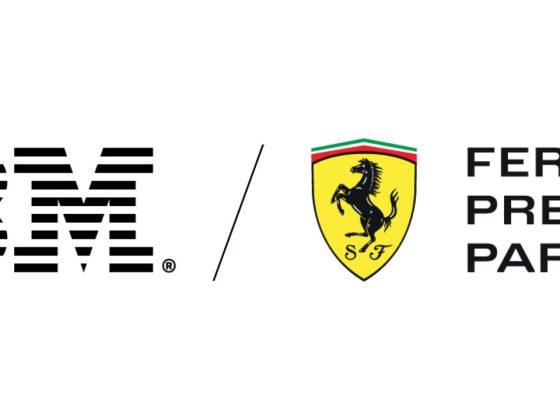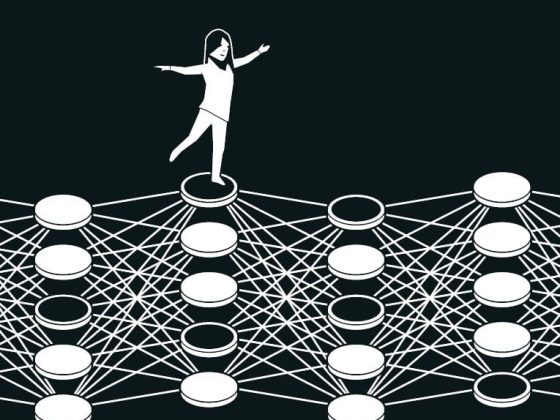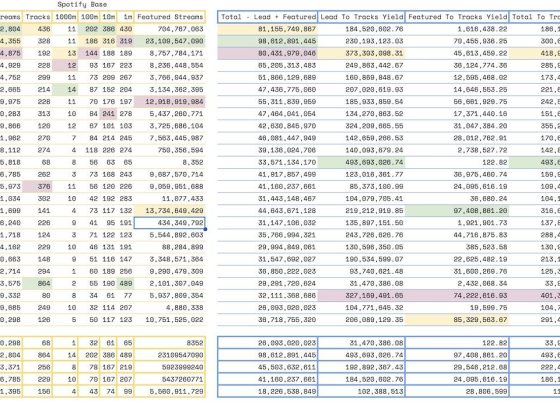DevOps infuses two typically siloed departments — software development (Dev) and IT operations (Ops) into one. This allows better collaboration, faster testing and development and deployment, and better flow of information.
DataOps goes a step further than this by also adding the data engineers and data scientists into the mix.
From our partners:
Benefits of DataOps
Integrating together the software development and IT operation already costs a lot for companies. Why then should companies bother integrating the data scientists as well?
More and more enterprises are relying on machine learning and data in their operations. Given this, the ability to manage data completely is extremely important. By creating a DataOps team, additional benefits can be gained:
Heightened collaboration
With engineers, technologists, and data scientists in the same department, a whole new level of synchronization will be attained. This will further speed up deployment time.
Better understanding of user needs
With data experts closely working with the developers and engineers, there is a better understanding of the needs of the customers.
This is because having those who handle the data around the same department as the developers can reduce the friction and misunderstanding between the end of the users and that of the developers.
At the same time, having data analysts around the developers will allow them to assess the performance of the department through quantitative metrics. This provides insights on how the operations can be further strengthened.
Maximized data usage
Since data scientists and engineers are working together with the DevOps team, data management across the entire development cycle is maximized. This leads to better analysis and insights, allowing companies to form better business strategies. Of course, all of these translate to higher profits.
These benefits clearly exhibit the difference between the DevOps and DataOps frameworks. While both DevOps and DataOps target optimizing the speed of testing and deployment, DataOps sets itself apart by focusing on humans — the improvement of communication between departments and the improvement of user experience.
The Challenge
DataOps builds on the DevOps framework. With this, the primary difficulty for a company wanting to adopt a DataOps structure will arise if its DevOps foundation is weak or non-existent.
The towers are going down
We see that as we continue to move forward in this increasingly data-driven world, we are becoming more and more interconnected. This is not only true for our users. This is equally true in the development perspective.
Siloes are shattered, the towers are going down. In this environment of continuous development and change, harmonious business infrastructures have a better chance in keeping up than rigid, traditional frameworks.
For enquiries, product placements, sponsorships, and collaborations, connect with us at [email protected]. We'd love to hear from you!
Our humans need coffee too! Your support is highly appreciated, thank you!








